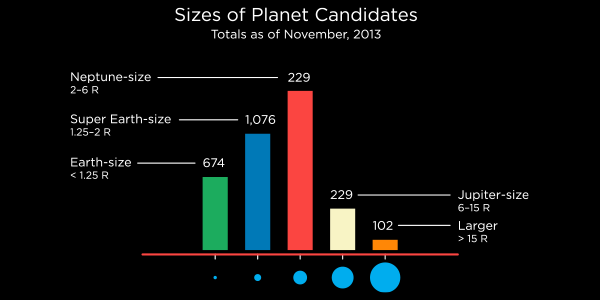Super-earths are some of the most common exoplanets found:

And yet super-Earths remain the most mysterious of exoplanets, because we don't have anything truly to compare with in our own solar system.
However, the star GJ 9827 appears to have no less than three of them - and it's a star that's long been observed and so may provide clues to the ever enigmatic super-Earths.
Gassy or metal? Newly found planets straddle the line for super-Earths

And yet super-Earths remain the most mysterious of exoplanets, because we don't have anything truly to compare with in our own solar system.
However, the star GJ 9827 appears to have no less than three of them - and it's a star that's long been observed and so may provide clues to the ever enigmatic super-Earths.
Gassy or metal? Newly found planets straddle the line for super-Earths

